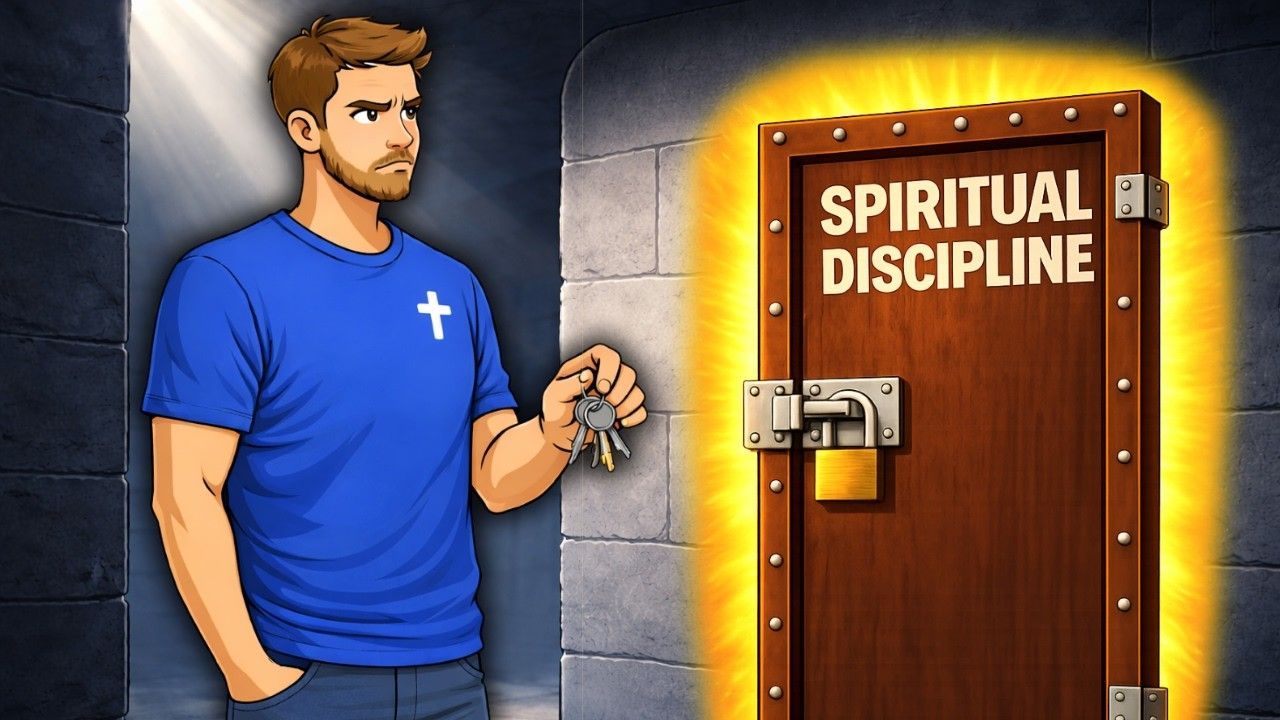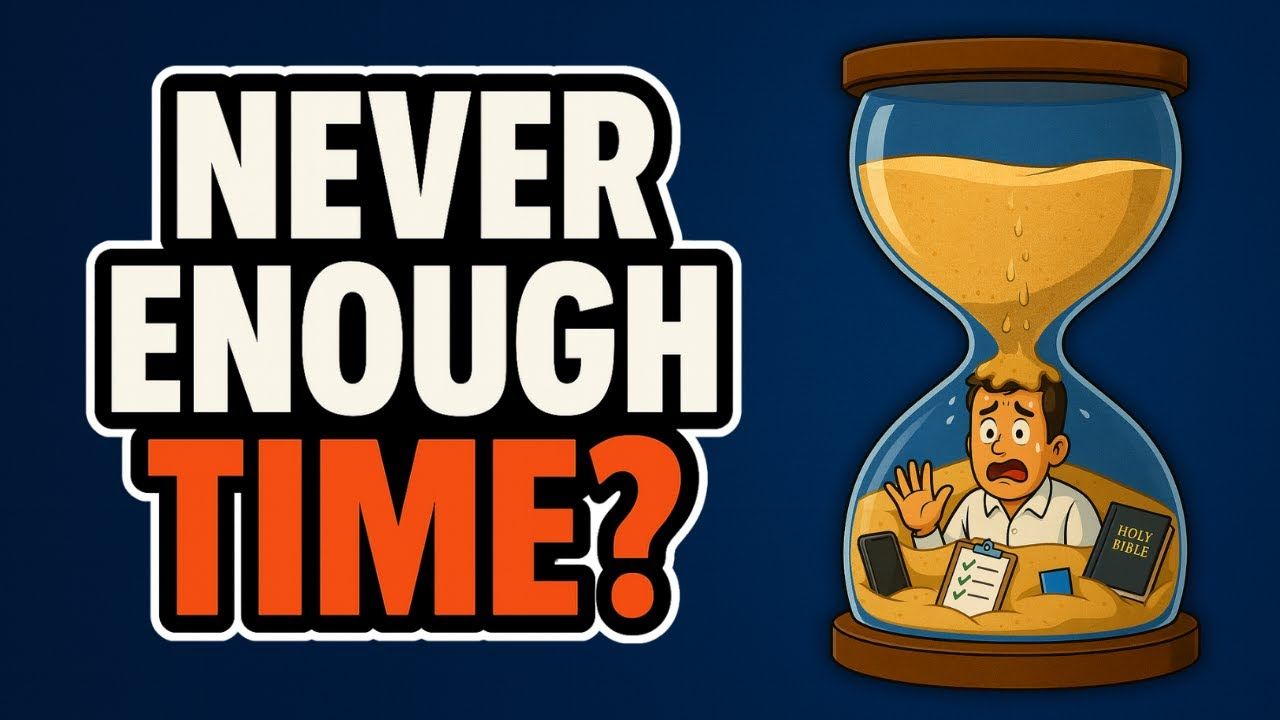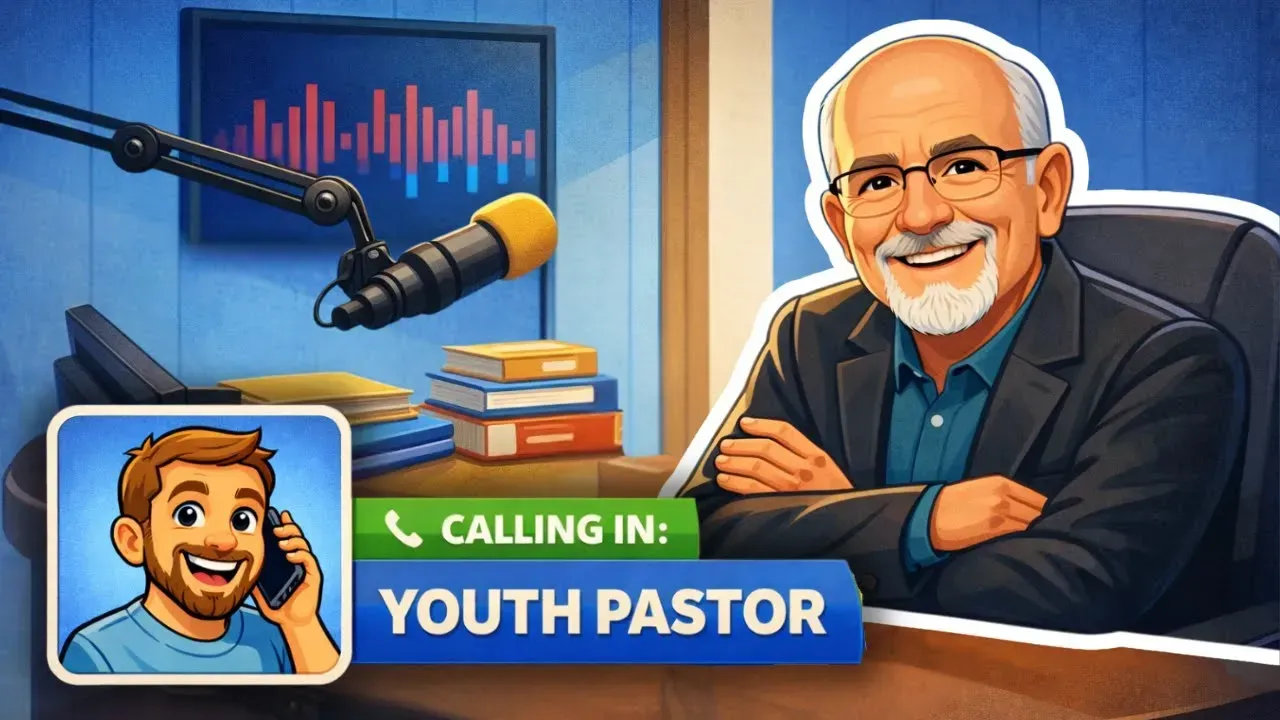YOUTH PASTORS: Here's What I Learned from FAILED Youth Ministries
6 Silent Killers of Youth Ministry (and How to Avoid Them)
Your youth ministry might be full of fun, energy, and momentum—and still be failing. Not in an explosive, headline-making way, but in quiet ways that slowly erode effectiveness from the inside out.
Think of it like an airplane. If an engine blows up and a wing falls off, everyone knows there’s a problem. But what if there’s a tiny fuel leak? The plane still flies—for a while—until suddenly it can’t anymore. In youth ministry, there are similar “silent killers” that don’t cause an immediate crash but drain health and effectiveness over time.
After years of serving students, talking with hundreds of youth leaders, and reflecting on our own mistakes, here are six common killers we’ve seen in failed youth ministries—and how to guard against them.
1. Prioritizing Attendance Over Discipleship
Attendance matters—every number represents a person. But when the focus shifts from making disciples to simply filling seats, the ministry is headed for trouble.
Yes, healthy things grow. But numbers alone don’t equal spiritual growth. Jesus Himself lost the crowd when He started teaching hard truths (John 6). A big crowd can mask internal weakness if students aren’t growing deeper in Christ.
Bottom line: a crowd doesn’t equal commitment.
2. Prioritizing Information Over Transformation
Truth that doesn’t lead to transformation is just trivia.
Biblical knowledge matters, but discipleship isn’t just about teaching students facts—it’s about shaping their lives. Jesus didn’t command us to “teach them everything”; He commanded us to teach them to obey.
If youth ministry becomes Bible trivia without life change, we’re raising Pharisees, not disciples.
3. An Unwillingness to Confront
Eli refused to confront his sons’ sin—and it led to tragedy (1 Samuel 2–4). In the same way, ignoring issues in youth ministry will eventually erode credibility.
Sometimes leaders avoid confrontation because they want to be liked. But what you tolerate will eventually dominate.
Students can see when sin, chaos, or apathy isn’t addressed, and they’ll lose respect for the ministry.
4. No Leadership Pipeline
Programs don’t outlast people. Leaders do.
If you don’t raise up new leaders, the ministry dies with you. Moses poured into Joshua, but Joshua didn’t raise up a successor—and the next generation forgot the Lord (Judges 2:10).
In youth ministry, this often means equipping students themselves. When everything depends on one personality, the ministry collapses when that person leaves.
5. Lack of Prayer
Without prayer, your ministry is only as strong as your personality.
It’s easy to fill calendars with events, programs, and strategies while neglecting the one thing Jesus modeled: deep dependence on the Father. Samuel Chadwick put it bluntly:
“The one concern of the devil is to keep the saints from praying. He laughs at our toil, mocks at our wisdom, but trembles when we pray.”
Prayer must not just be a transition moment in a service—it must be the foundation of ministry.
6. When Ministry Growth Outpaces the Leader’s Growth
Samson had strength, charisma, and influence, but his character never caught up with his calling. His private compromises led to public collapse.
If a leader’s platform grows faster than their walk with God, failure is inevitable. That’s why accountability, humility, and personal devotion to Christ are essential. Ministry isn’t just about growing programs—it’s about growing leaders who can sustain them.
The Good News
If any of these warning signs hit close to home, it doesn’t mean it’s too late. God’s grace covers mistakes, and with intentional change, these silent killers can be reversed.
Youth ministry isn’t about hype, programs, or even big crowds—it’s about making disciples who make disciples. When we align our ministries with that mission, we’ll not only avoid silent failure but also leave a lasting impact on the next generation.
👉 Which of these six do you think is the biggest challenge for youth ministries today?











